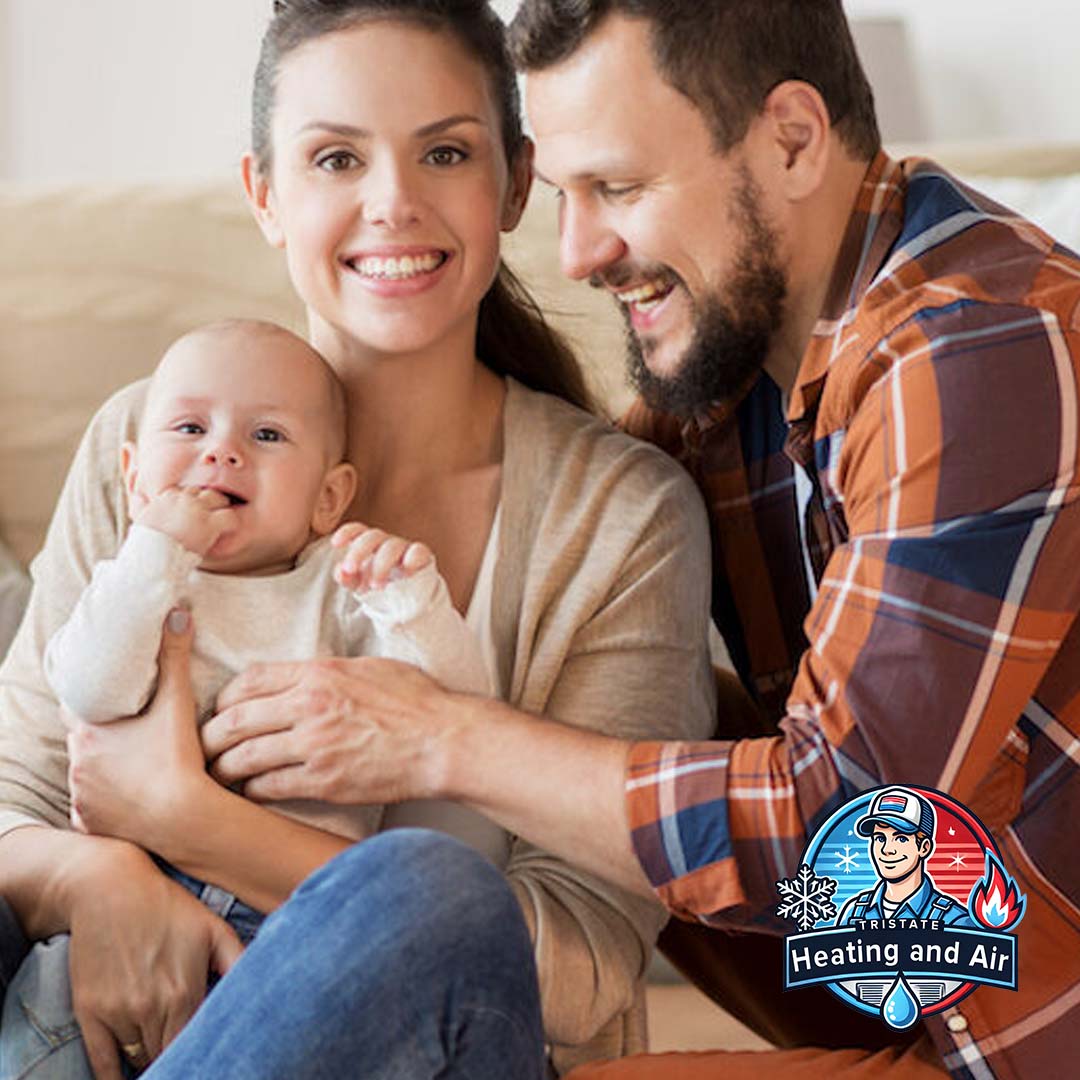Published: Oct 07, 2024

Your HVAC system plays a vital role in maintaining a comfortable home, but it also requires proper care and attention to ensure it operates safely. Neglecting HVAC safety can lead to serious risks, including fire hazards, carbon monoxide poisoning, and system malfunctions. In this article, we’ll share essential HVAC safety tips that every homeowner should follow to protect their family and home.
Regular maintenance is key to ensuring your HVAC system operates safely and efficiently. A professional technician can identify potential issues before they become serious problems, reducing the risk of malfunctions and hazards.
Carbon monoxide (CO) is a colorless, odorless gas that can be deadly if it accumulates in your home. HVAC systems that burn fuel, such as gas furnaces, can produce CO if they malfunction. Installing carbon monoxide detectors is essential for early detection and prevention of CO poisoning.
Blocked or obstructed vents and ducts can cause your HVAC system to overheat, leading to potential fire hazards and reduced efficiency. Ensure that all vents and ducts are clear of obstructions to allow proper airflow.
Dirty air filters can restrict airflow, cause your HVAC system to overheat, and increase the risk of fire. Regularly changing air filters is a simple but important step in maintaining HVAC safety.
While it may be tempting to tackle HVAC repairs on your own, it’s best to leave this work to the professionals. HVAC systems are complex and can be dangerous if not handled correctly.
Proper ventilation is crucial for preventing the buildup of hazardous gases and ensuring that your HVAC system operates safely. Make sure that your home is well-ventilated, especially in areas where fuel-burning appliances are used.
Flammable materials near your HVAC units can pose a serious fire risk. Always keep combustible items away from your furnace, air conditioner, and other HVAC equipment.
Be aware of any unusual signs that could indicate a problem with your HVAC system, such as strange noises, odors, or poor performance. Addressing these issues promptly can prevent potential hazards.
Following these HVAC safety tips is essential for protecting your family and home from potential hazards. Regular maintenance, proper ventilation, and the use of carbon monoxide detectors are just a few of the steps you can take to ensure your HVAC system operates safely. If you ever have concerns about your HVAC system’s safety, don’t hesitate to contact a professional technician for assistance. By prioritizing HVAC safety, you can enjoy a comfortable and secure home environment year-round.

Our expert technicians are ready to assist you 24/7!
Contact Us Today!Read our latest articles for helpful information about heating, cooling, and air quality.
Installing a smart thermostat in your home can enhance comfort, optimize energy efficiency, and provide long-term cost s...
Read MoreRegular maintenance and timely tune-ups are essential for ensuring your HVAC system operates efficiently and effectivel...
Read MoreSmart thermostats are a wise choice for homeowners seeking to enhance energy efficiency, save on utility bills, and opt...
Read MoreDebunking common HVAC myths is crucial for homeowners to make informed decisions about their heating and cooling system...
Read More